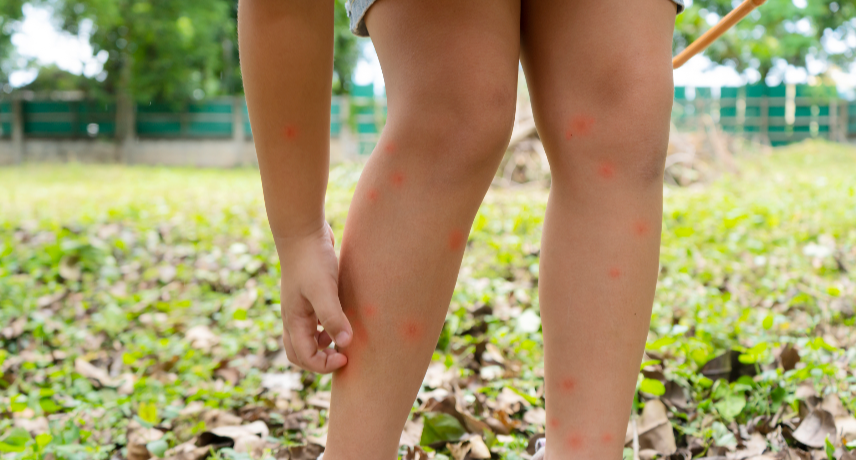21st August, 2025

The monsoon season brings relief from the summer heat, but it also creates the perfect breeding ground for mosquito-borne illnesses like Dengue and Chikungunya. Both diseases are transmitted by Aedes aegypti mosquito and can cause severe health implications if not addressed promptly. In recent years, Kolkata and other parts of West Bengal have witnessed significant rise in cases during this period. With timely awareness and preventive action, we can protect ourselves, families, and our communities from these seasonal health threats.
Dengue
Chikungunya
During the monsoon, water often collects in puddles, flowerpots, buckets, discarded tires, and not to forget new construction sites. These stagnant water sources become breeding sites for mosquitoes. Warm, humid weather also accelerates mosquito breeding cycles, leading to a rapid increase in their population.
Keep Surroundings Clean
Use Mosquito Protection
Community Action
If you or someone you know develops symptoms like high grade fever, severe joint pain, or persistent headache during monsoon, do not ignore them. Seek medical help immediately. Early diagnosis can help prevent complications and improve recovery outcomes.
Dengue
Chikungunya
At Peerless Hospital, our team of experienced doctors and advanced diagnostic facilities ensure quick identification and effective management of mosquito-borne illnesses. We offer:
This monsoon, let's make health our priority. By taking simple preventive measures, staying alert to symptoms, and seeking timely medical care, we can keep Dengue and Chikungunya at bay. Your safety begins with awareness-and together, we can ensure a healthier season for all.